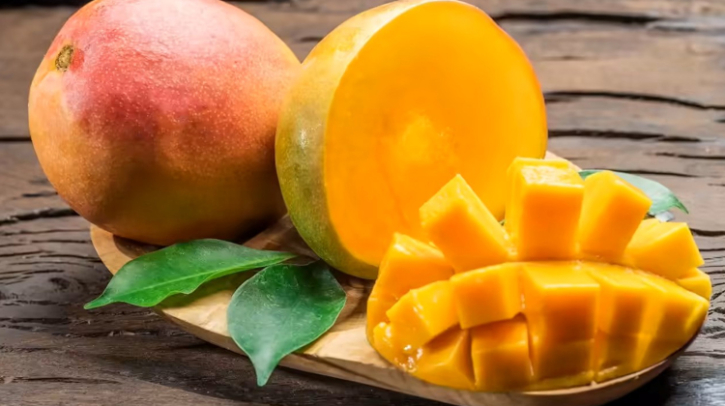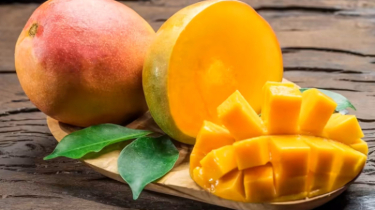Indian Research Reveals Mangoes May Aid Blood Sugar Control in Diabetes

Published : 19:26, 17 August 2025
For decades, diabetics have been advised to shun mangoes due to their sweetness and perceived risk of raising blood sugar. But fresh evidence from India is upending that conventional wisdom. Two rigorously designed clinical studies, led by Dr. Anoop Misra and collaborators, reveal that certain varieties of Indian mangoes—specifically Safeda and Dasheri—when consumed in controlled portions and as a replacement for refined carbohydrates like white bread, can actually improve blood sugar control.
In one study, 95 participants (both with and without type-2 diabetes) consumed 250 grams of mango pulp or the same calorie portion of white bread. Continuous glucose monitoring showed that mango induced a similar—or even lower—glycemic response compared to bread, with reduced glucose variability among diabetic individuals. In a second eight-week randomized controlled trial involving diabetic adults, daily mango intake led to declines in fasting blood glucose, HbA1c (a key long-term measure of blood sugar), insulin resistance, body weight, waist circumference, and subcutaneous fat, while boosting beneficial HDL cholesterol.
Beyond these Indian trials, other research supports mango’s metabolic benefits. A matched-calorie intervention among adults without diabetes found improved blood sugar levels with mango versus low-fat cookies. And a four-week intervention in individuals with low-grade inflammation demonstrated enhanced insulin sensitivity, suggesting mango’s impact may extend to the pancreas and liver. These benefits may be linked to mango’s rich content of fiber, antioxidants, polyphenols, and its moderate glycemic index—typically around 51—which means it doesn’t cause the rapid sugar spike often attributed to sugary fruits.
Despite these promising findings, experts emphasize a crucial caveat: mangoes should replace, not supplement, other carbohydrate sources, and the portion must be controlled—generally one small mango (~250 g)—preferably incorporated under dietary supervision. When integrated thoughtfully into a balanced diet, mangoes may offer a flavorful, culturally familiar, and metabolically beneficial option for people managing type-2 diabetes.











